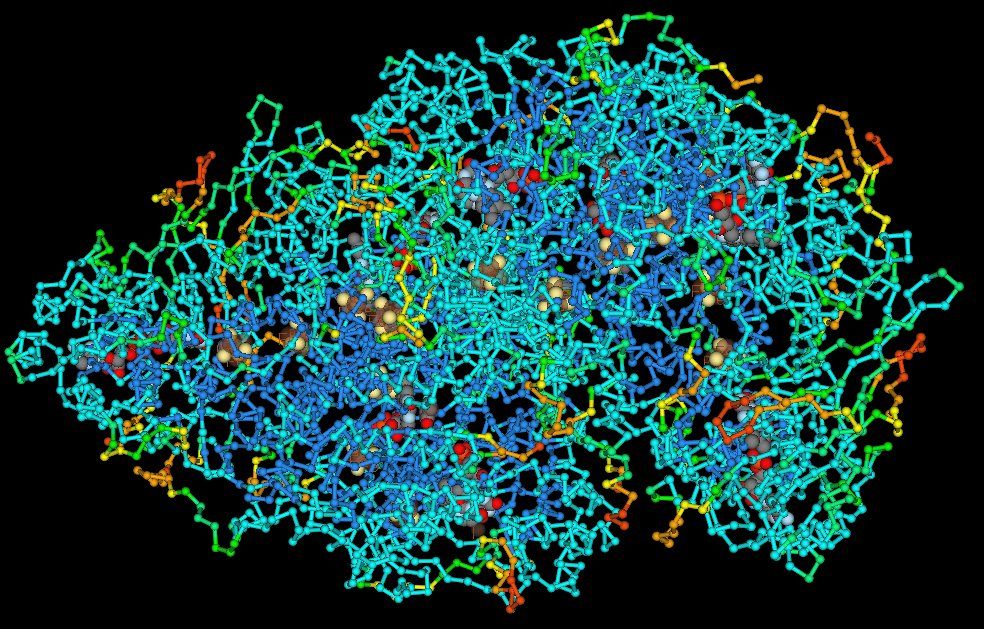Checking Out the Varied Applications and Advantages of Polymers in Different Industries
Polymers, with their diverse variety of buildings and functionalities, have become important in numerous sectors, each reaping distinct advantages from their application. Polymers. From enhancing safety and efficiency in the automotive field to changing medical gadgets in the health care industry, polymers play an essential duty. Moreover, their environment-friendly nature is modifying the landscape of sustainability practices. As we explore the depths of polymers in electronics, we uncover cutting-edge developments, while their structural integrity changes the world of building and facilities. The pervasive influence of polymers across sectors is a testimony to their convenience and adaptability, shaping the future of countless sectors.
Automotive Market Applications
Polymers play a crucial duty in improving the performance and durability of numerous components within the auto industry. These functional materials are thoroughly used in the production of different parts, ranging from interior parts to under-the-hood applications. One noticeable use polymers in the vehicle market is in the manufacturing of light-weight components. By changing standard metal get rid of polymer-based choices, vehicles can attain enhanced fuel performance without jeopardizing on toughness or safety.

Medical Care Sector Advantages
In different medical care applications, the benefits of using polymers are widely identified for their diverse series of helpful buildings. Polymers play a critical function in the medical care industry as a result of their adaptability, biocompatibility, and cost-effectiveness. Among the primary benefits of polymers in healthcare is their capacity to be customized to certain requirements, such as flexibility, longevity, and biodegradability, making them optimal for a large range of clinical applications.
Polymer-based products are extensively used in clinical tools, such as catheters, implants, prosthetics, and drug shipment systems, as a result of their biocompatibility and capability to mimic natural cells. These materials can decrease the danger of allergies or rejections, enhancing client security and results. Furthermore, polymers are lightweight, making them appropriate for wearable medical tools and making certain person convenience.
Additionally, polymers enable the growth of ingenious therapy methods, such as hydrogels for cells engineering and nanocomposites for targeted medicine distribution. Their ease of handling and sterilization makes them essential for preserving high standards of health in healthcare setups. Overall, the varied advantages of polymers add substantially to developments in medical technology and individual care.
Ecological Benefits of Polymers

Additionally, polymers can add to power savings because of their light-weight nature. In markets such as transportation, light-weight polymer materials can assist decrease gas consumption and greenhouse gas exhausts. In addition, polymers can allow the growth of energy-efficient products such as insulation products that improve power conservation in structures.
Furthermore, polymers play an essential function in reducing water why not find out more contamination. The usage of polymer-based purification systems can efficiently eliminate contaminants and impurities from wastewater, guarding water resources and communities. Generally, the environmental benefits of polymers make them important assets in promoting sustainability and environmentally friendly methods across different markets.
Polymers in Electronic Devices and Technology
Taking into consideration the enhancing need for innovative and lasting solutions in modern-day sectors, the combination of sophisticated polymer modern technologies in the realm of electronic devices and modern technology has arised as a critical method for driving performance and performance. Polymers have actually reinvented check the electronics sector by enabling the manufacturing of lighter, much more adaptable, and resilient digital gadgets. From smartphones to clinical tools, polymers play a crucial function in enhancing product layout and performance.
One substantial benefit of polymers in electronics is their protecting buildings, which assist safeguard fragile electronic components from ecological aspects and electrical disturbance. In addition, polymers are essential in the development of adaptable display screens, wearable modern technology, and published electronic devices, providing limitless possibilities for creating clever and interconnected gadgets.
Furthermore, using polymers in electronic product packaging has led to developments in miniaturization and thermal monitoring, improving the total performance and integrity of digital systems. As innovation remains to advance, the adaptability and adaptability of polymers will undoubtedly drive better development in the electronic devices sector, shaping the future of innovation.
Duty of Polymers in Building And Construction and Infrastructure
Polymers use countless benefits in the building market due to their versatility, durability, and cost-effectiveness. One crucial duty of polymers in construction is their usage in finishings and sealants, giving defense against ecological aspects such as dampness, UV radiation, and deterioration.
Moreover, polymers play an essential duty in sustainable building and construction methods by making it possible for the advancement of energy-efficient structures. Protecting materials made from polymers aid control interior temperatures, lowering the requirement for heating and cooling down systems and eventually lowering power consumption - Polymers.
Final Thought
In verdict, polymers play an essential role in numerous markets such as vehicle, healthcare, environmental, electronic devices, and building and construction. From enhancing fuel performance in automobiles to improving medical devices, polymers supply many best site advantages.